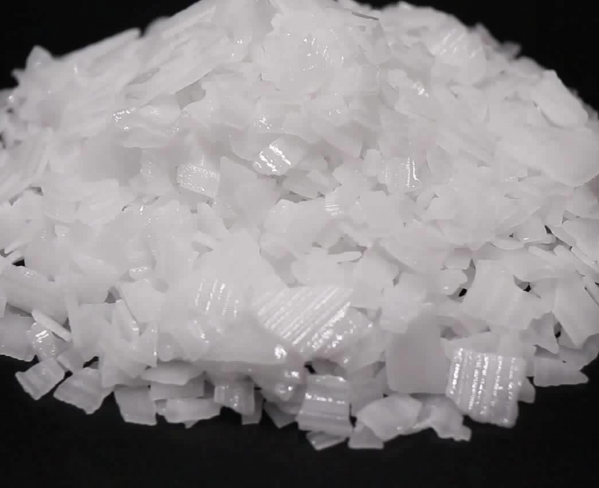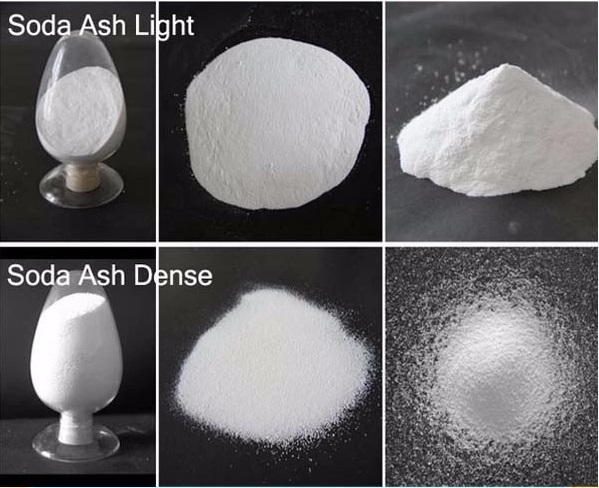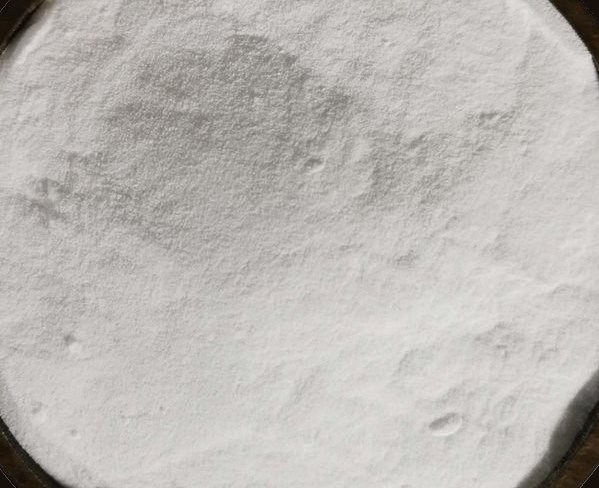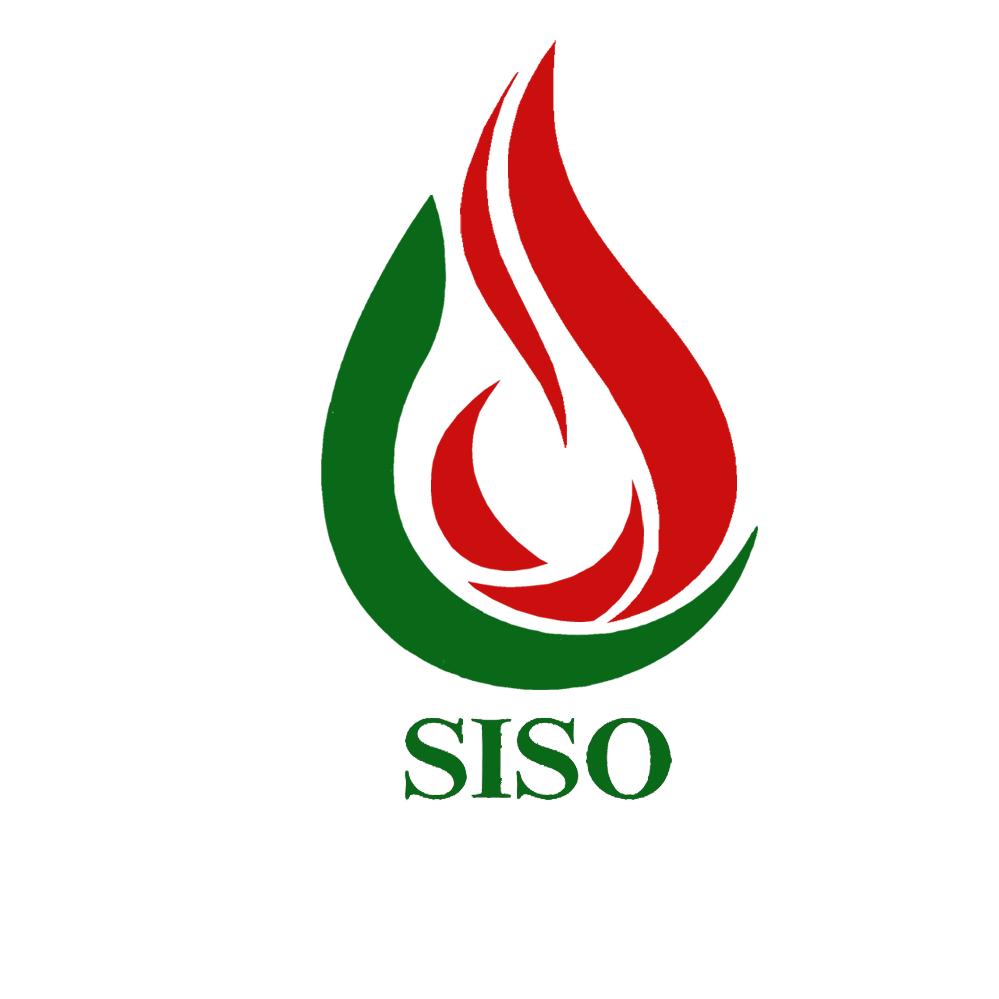
Sodium Hydroxide
Sodium hydroxide (NaOH), also known as caustic soda or lye, is a highly versatile substance used in a variety of manufacturing processes. Sodium hydroxide is a co-product of chlorine production.
Sodium hydroxide is used to help manufacture a variety of medicines and pharmaceutical products, including aspirin, anticoagulants and cholesterol-reducing medications.
In the energy sector, sodium hydroxide is used in fuel cell production. Fuel cells can cleanly and efficiently produce electricity for a range of applications, including transportation; materials handling; and stationary, portable and emergency backup power applications.
Municipal water treatment facilities use sodium hydroxide to control water acidity and to help remove heavy metals from water. Sodium hydroxide is also used to produce sodium hypochlorite, a water disinfectant.
Uses & Benefits
Sodium hydroxide is used to manufacture many everyday products, such as paper, aluminum, commercial drain and oven cleaners, and soap and detergents.
Sodium Hydroxide in Cleaning & Disinfectant Products
Sodium hydroxide is used to manufacture soaps and a variety of detergents used in homes and commercial applications. Chlorine bleach is produced by combining chlorine and sodium hydroxide. Drain cleaners that contain sodium hydroxide convert fats and grease that can clog pipes into soap, which dissolves in water.
Sodium Hydroxide in Pharmaceuticals & Medicine
Sodium hydroxide is used to help manufacture a variety of medicines and pharmaceutical products, from common pain relievers like aspirin, to anticoagulants that can help to prevent blood clots, to cholesterol-reducing medications.
Sodium Hydroxide in Food Production
Sodium hydroxide is used in several food processing applications, such as curing foods like olives or helping to brown Bavarian-style pretzels, giving them their characteristic crunch. Sodium hydroxide is used to remove skins from tomatoes, potatoes and other fruits and vegetables for canning and also as an ingredient in food preservatives that help prevent mold and bacteria from growing in food.
Sodium Hydroxide in Wood & Paper Products
In many paper making processes, wood is treated with a solution containing sodium sulfide and sodium hydroxide. This helps dissolve most of the unwanted material in the wood, leaving relatively pure cellulose, which forms the basis of paper. In the paper recycling process, sodium hydroxide is used to separate the ink from the paper fibers allowing the paper fibers to be reused again.
Sodium hydroxide is also used to refine raw materials for wood products such as cabinets and furniture and in wood bleaching and cleaning.
Sodium Hydroxide in Aluminum Ore Processing
Sodium hydroxide is used to extract alumina from naturally occurring minerals. Alumina is used to make aluminum and a variety of products including foil, cans, kitchen utensils, beer kegs and airplane parts. In building and construction, aluminum is used in materials that enable building facades and window frames.
For more information on the product grades and data sheet, please feel free to contact us

Soda Ash or Sodium Carbonate
Sodium carbonate, commonly known as soda ash in its anhydrous form, is the sodium salt of carbonic acid with the chemical formula Na2CO3. It occurs naturally in arid regions and is often extracted from mineral deposits of trona ore. Sodium carbonate can occur naturally in the ashes of certain plants, and it can also be derived synthetically from sodium chloride and limestone via the well-known Solvay process. Sodium carbonate is a stable, non-toxic odorless white powder that absorbs moisture and forms a strong alkaline aqueous solution. Sodium carbonate monohydrate (Na2CO3 H2O) has an added molecule of water and is often used as a buffer.
Two thousand years ago, the Romans used soda ash for making bread, glass, and various other products. Today baking soda and baking powder both come from soda ash.
Soda ash has several other diversified uses that impact our lives every day. Glass manufacturing is the largest application, with production of glass containers, fiberglass insulation, and plate glass all making use of soda ash. Chemical manufacturers use soda ash as a raw material in the production of food sweeteners and preservatives. In pharmaceutical applications, sodium carbonate is sometimes used as part of acid-base chemical reactions. It is also used as an abrasive in some toothpastes and as a water softener in dishwasher soaps and other household detergents.
Soda ash is produced in three grades:
- Light soda ash, which is widely used as a buffering agent/acidity regulator.
- Medium soda ash, which is largely used in soaps and detergents.
- Dense soda ash, which is used for industrial & manufacturing applications.
Sodium carbonate has environmental applications as well. It can be used to treat and improve the alkalinity of lakes that have been affected by acid rain. And because it reacts with sulfur dioxide and hydrochloric acid, soda ash can help to purify the air coming out of chemical stacks and power plant exhaust towers by forming less harmful compounds. In the agricultural sector, soda ash is used as a natural fertilizer.
Packing : 25 kg , 1000 kg , 1250 kg , Bulk
For more information on the product grades and data sheet, please feel free to contact us

Sodium Bicarbonate (Baking Soda)
Sodium bicarbonate is commonly known as baking soda. It can be used a leavening agent for baked goods, a stain remover in toothpaste, and can make a great household cleaner when mixed with vinegar.
Application :
- Baking & Food Preparation
- Personal Care Products & Medicines
- Cleaning Products & Solvents
Packing : 25 kg bag , Jumbo 1000 Kg
For more information on the product grades and data sheet, please feel free to contact us
